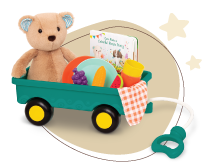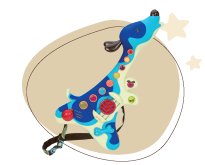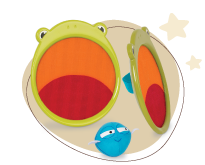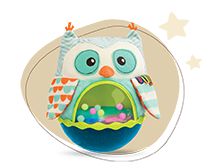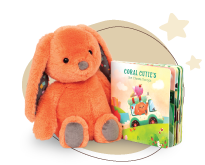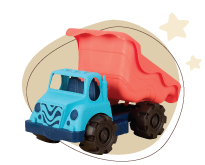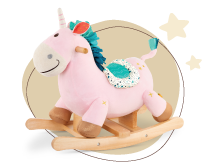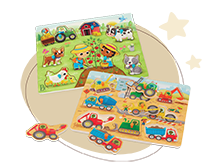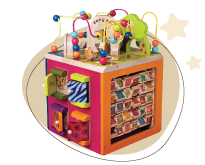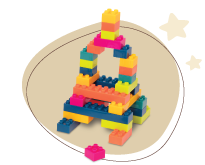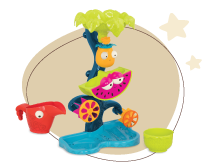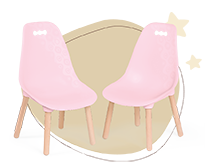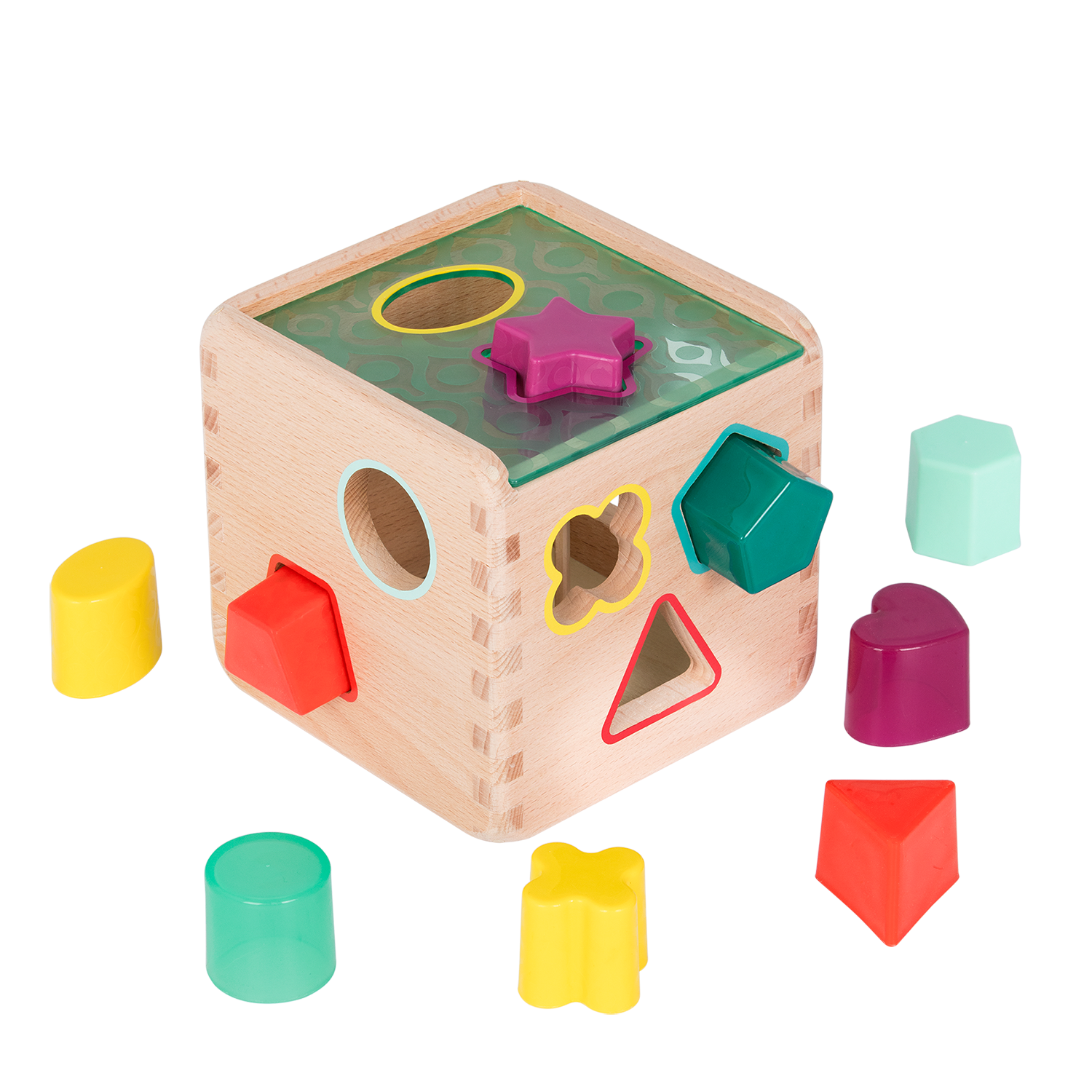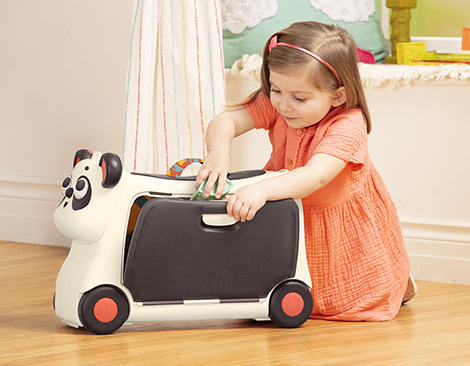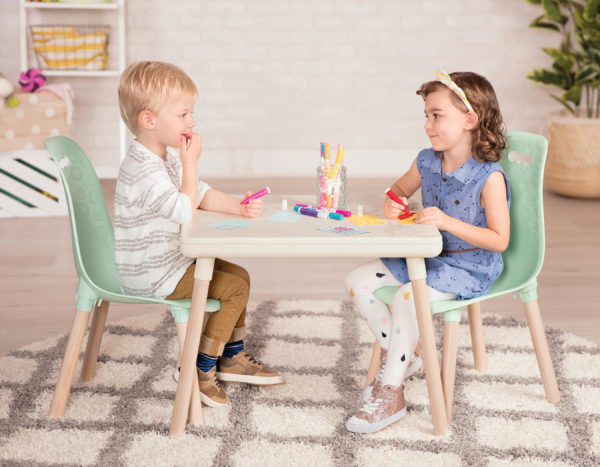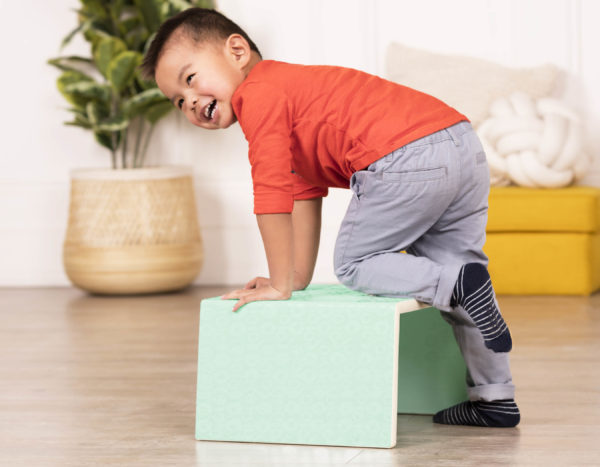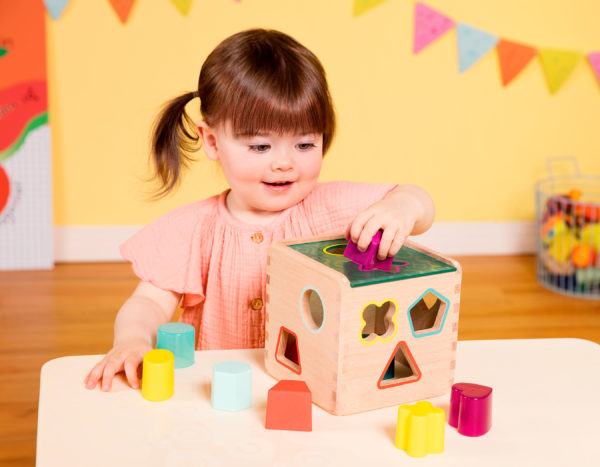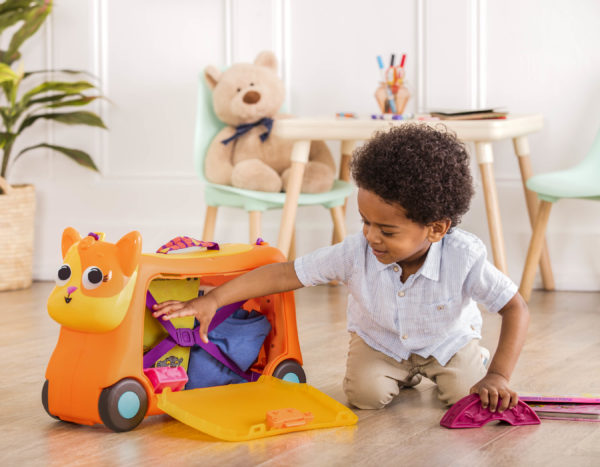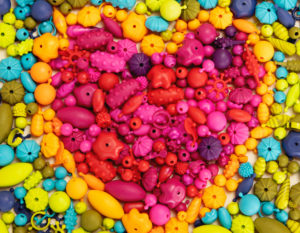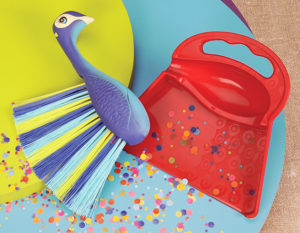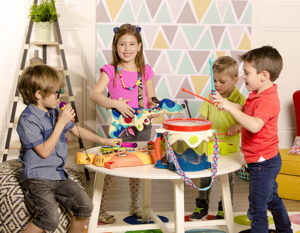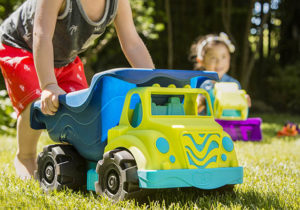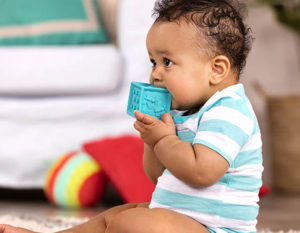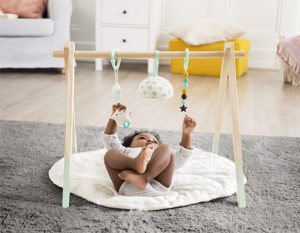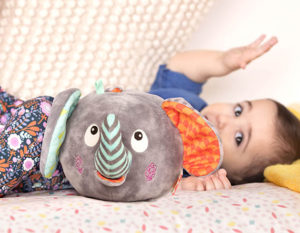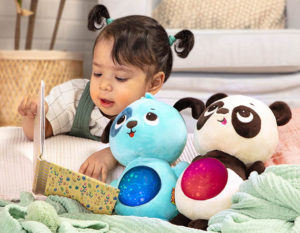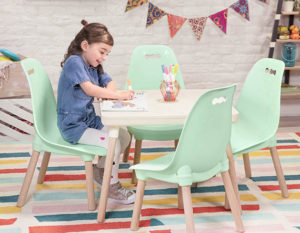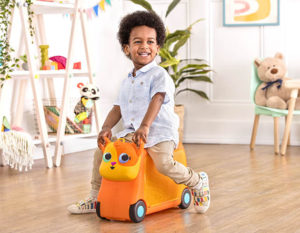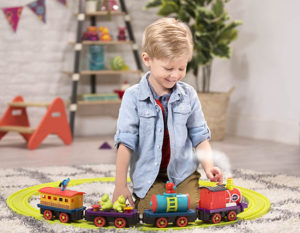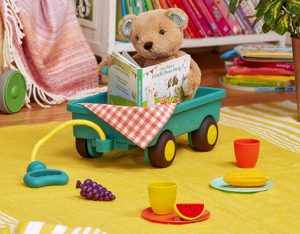Clean ‘n’ pristine isn’t the way you would usually describe daily life with kids, and that is a-okay! Messiness and disorganization like to say “Hello!” once in a while – but we have a few tricks up our sleeves to cut that conversation short and help children get organized. Because when things go quicker and smoother, there’s more time left for family fun!
Crafty To-Dos
Who says that crafts can’t come to the organizational party? To fill the planning process with fun, create a colorful and crafty to-do list with your toddler. Use a big board, work with bold colors, write out your kiddo’s (and yours, if you want!) tasks, and come up with a fun way to check them off – such as placing a sparkly sticker next to a completed task. A fun first step can set the tone for the rest!
Little by Little
When it comes to the actual tasks, we suggest breaking each one into little pieces to make it more manageable. Say the challenge is to clear the table after dinner. One way to break it down would be to ask your kid to focus only on their plate, cup, and utensils. Then, the task could be divided even more: bringing dishes to the kitchen, putting leftovers into a container, placing the dishes in the sink or dishwasher, etc. No victory is too small, after all.
Observation is Key
Let kiddos in on your chores and lead by example! When you’re doing the laundry, ask your kids to stick around for a simple task – taking clothes from the hamper and laying them out. While they’re doing their task, they will also be in the room as you take it a step further: folding the clothes and putting them in their rightful places. Something as simple as observation can actually prepare them for doing their own laundry later on!
Imagination Station
A way to get children interested in doing the chores is to use the imagination! If you’re having a lil’ trouble seeing the playroom floor, we recommend turning to pretend play. You can tell children that each toy in the room has a home, but that they’re a bit lost right now (oh no!). You can say, “Let’s help them find their way home!” and guide kiddos to shelves and bins.
Sorting & Matching
Games and activities that involve sorting and matching can also help children learn about organizational basics. Take the task of matching socks from a load of freshly-done laundry, for example – it’s a simple chore that teaches kiddos how to sort and match. You can even turn it into a Parents vs. Kids race to see who’s quick enough to find the most pairs! And if you want to keep the learning going during playtime, simply pull out colorful shape sorters and puzzles.
Encourage Collecting
Whether it’s rocks, coins, mini cars, or plush pals, kids often build big collections – and we believe that should be encouraged! Not only do collections shine a light on a child’s personal interests, but they help them naturally develop organizational skills. Collecting means sorting by type of object, arranging the objects in the collection by categories, counting the number of objects collected, designating a specific place for safekeeping, and much more!
Plan Ahead
Teach children a lil’ bit about time management by planning ahead! For example: Instead of getting dressed in a rush tomorrow morning, you can suggest picking their outfit before going to bed tonight. That way, they will calmly choose what they want to wear and avoid stress dressing the next day! And clothing is just the tip of the iceberg – planning ahead can also apply to meals, homework, and other kid-friendly chores.
Routine, Routine, Routine
No matter how you decide to go about teaching organization to little ones, something that helps at all times is maintaining a routine. If you do your tasks and chores regularly, it will be easier for your children to adapt, help out, and learn from the experience! The more things change, however, the tougher it might get for kiddos to retain the information that’ll help them become organizational superstars down the road.
Getting kids to lend a helping hand with chores or wrap up their homework on time are wonderful things, but knowing how to be organized will come in handy throughout their lives. So the earlier they familiarize themselves with this important life skill, the better!
